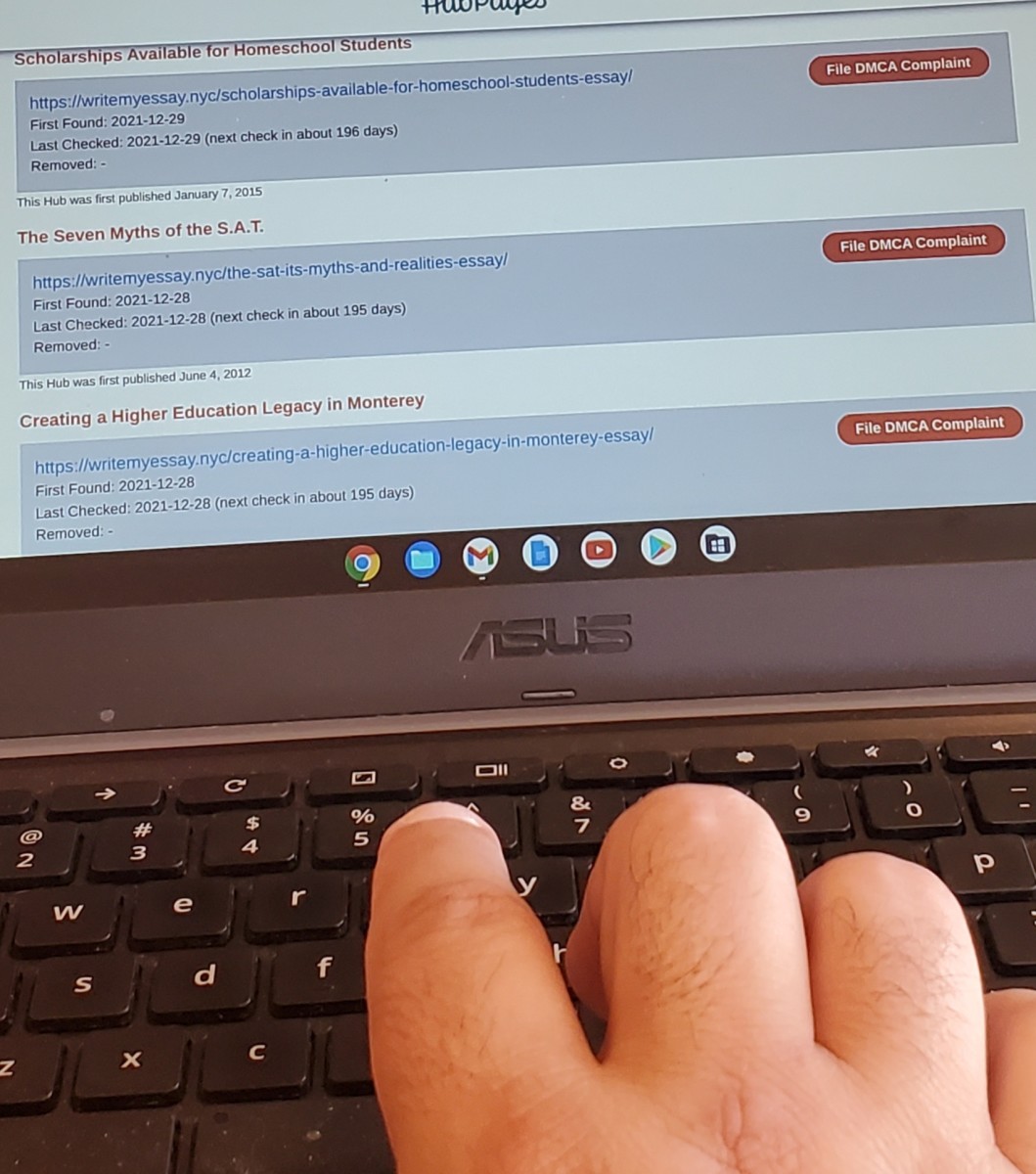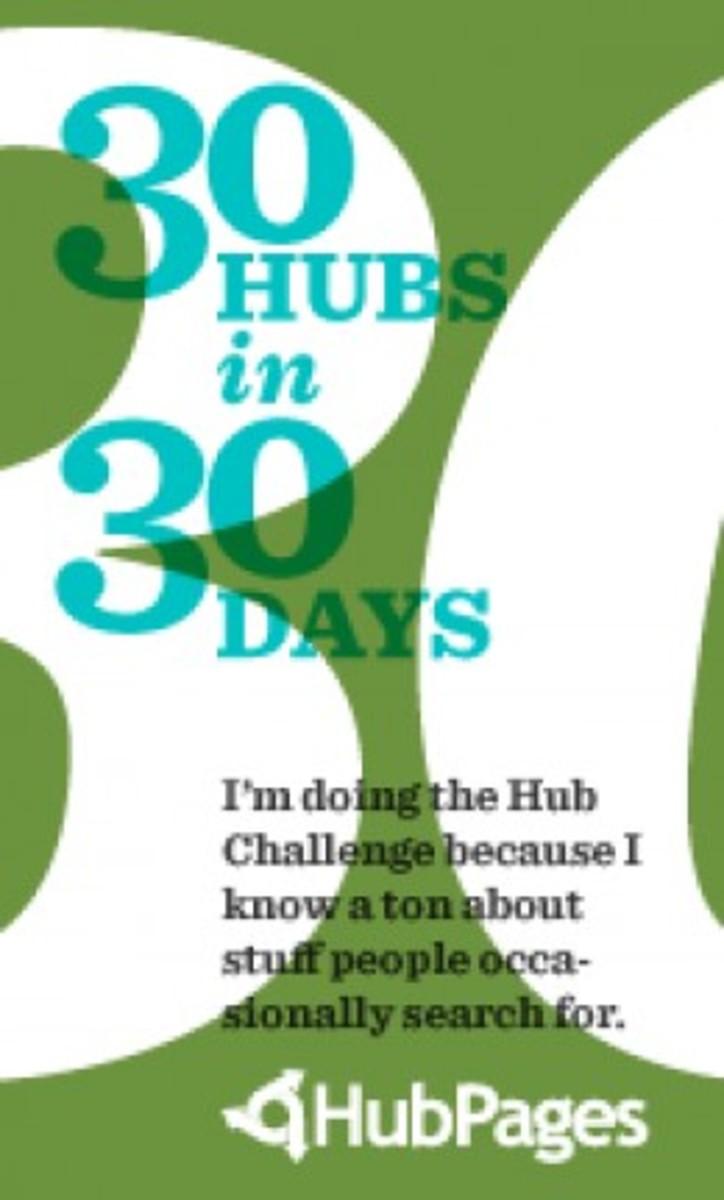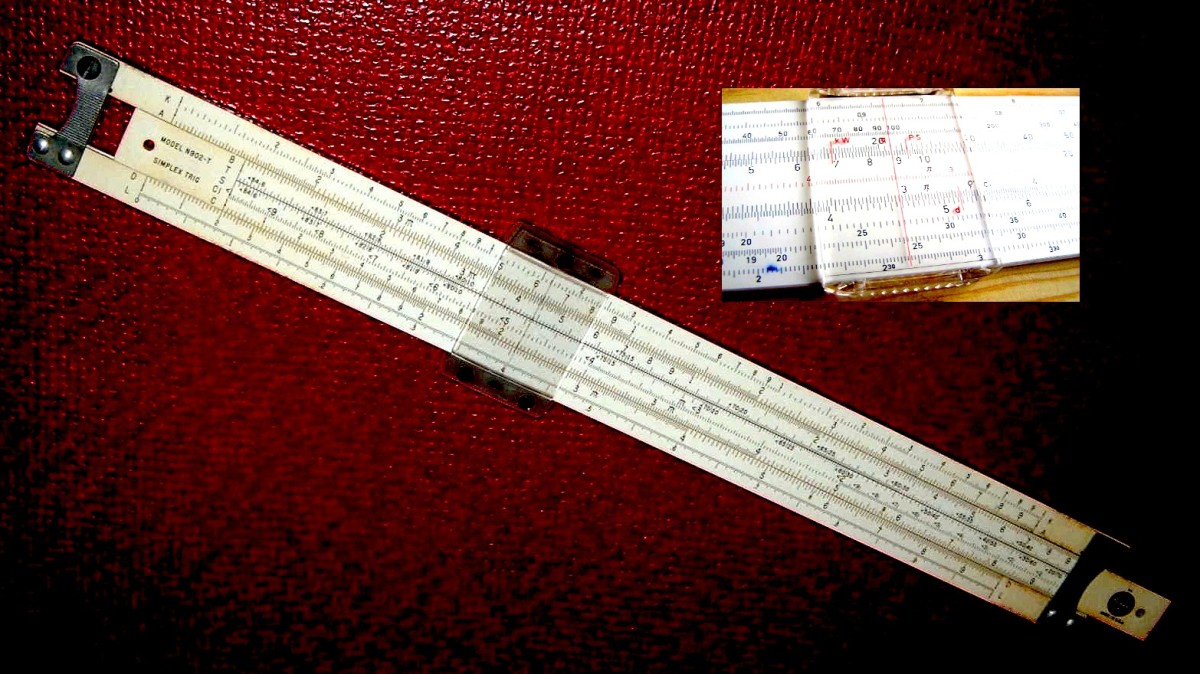Monitoring Your HUB's for Plagiarism

Damage Assessment of Writing Theft.
This article demonstrates an easy way to automate the monitoring of your writing on the Internet. A very simple automated search using some Google tools will allow you to find and catch copy thieves.
Copyright laws exist for all forms of writing including online writing. Unfortunately there is practically no "Teeth" in those laws to make copying a losing proposition. Since the Internet has virtually no means of policing the activity, it is now a virtual wild wild west situation. It is very easy to cut and paste just about any body of writing or picture. The best part of this situation for the thieves, is that there is absolutely no one sitting there ready to slap a set of handcuff on their wrists.
It isn't very clear as to the penalties imposed on original authors by this duplication of content that is so prevalent on the Internet. We do know that marketing groups like Google AdWords will track redirected URL's in an attempt to reduce duplicate sites attempting to be paid twice for a single article. But as to content that has been cut and pasted into a totally different site is very difficult to track. But regardless of how the plagiarized material is placed on the Internet, you can be sure that your potential income from that article is going to be ultimately jeopardized.
The Internet consists of trillions of words and billions of pages of information. Sounds like a daunting task to try and catch some third world country slug that is trying to make money off of your words. Read on and don't despair, there are tricks that you may use to fight these talent deficient thieves.
Finding Your Stolen Words
Given the billions of pages that exist on the Internet, you might think that it is virtually impossible to locate your text. A needle in a haystack would be easy by comparison. But you have all the most up to date tools available to find the offending sites. Some Internet users do not realize that search engines like Google© or Bing© not only allow searches by simple keywords, but also allows a search using special parameters to narrow down your results. One favorite example is the use of the "eliminate" parameter. Suppose you wanted to get your broken house window fixed, due to an errant baseball attack. You might enter "Windows repair" this would bring you thousands of hits regarding Microsoft Windows and it would be impossible to find the hardware service to fix your house window. By changing the search parameter to read ( "Home window repair" -microsoft -software ). The resulting search yields articles about fixing the glass windows at your house and not too many hits about the Windows operating system.
Let's take a closer look at the techniques used in this example, note the quote marks around the Home window repair. This tells the search engine to find articles that only have those three words in exactly that order within the text. This technique puts a narrowing effect on the search your asking for. Next, note the minus signs in the search, these minus signs indicate that you do NOT want to see any articles that also mention microsoft or software. So those articles are ignored if either of those words are in the selected articles. If you feel adventurous about learning more, see this Google Link to search parameters.
The use of quote signs in your search is key to finding your articles in this vast array of pages. Let us take an example of finding a specific article by looking at the content of the article. Put the following search string including the quote marks into a Google search,
"tough hill climbing adventure. After studying the maps to find the best way towards South Carolina, I"
You should only see one article listed from my RV'ing Horror Story. By selecting a very unique part of my article and spanning the search across partial sentences, I am eliminating any possible accidental look-a-likes that might exist on the Internet. If you had only searched for "South Carolina" or perhaps only "tough hill climbing", you would get thousands of articles with just those few words. By entering a very long number of words and spanning across multiple sentences, you reduce the possibility of finding a false positive. Now try this search using partial sentences from one of your own HUBs. Just highlight your text, grab a copy of the text, then go into Google search and insert your text with two quotes around it.
If you only received one reference to your article with your Hub Page URL, then you are lucky, your article most likely has not been copied. If you find multiple web sites with this exact phrase that you searched for, well then you are most likely copied. Keep in mind that if you also moved your article to another site for publishing, then this site name will appear as well.
CAUGHT!

Automatically Monitoring Your HUB's
Now that you have seen how you may find your stolen works, you may also monitor the internet constantly without having to run the search everyday.
Google has a feature called "Google Alerts", which allows you to set an automatic search run that occurs everyday and sends you the results of that search to your email box. By using the long string surrounded by quotes as described above, and then putting that search into the Alerts feature, then you have created a very powerful monitor that constantly looks for your articles and lets you know as soon as it happens.
Now that you are able to find the crooks and monitor your writing, you should be able file a complaint with the offenders and have your material removed from the offenders sites.
Remember that these people are stealing your income by duplicating your work, for the sake of all writers, we need to band together and put some teeth into our diligence to remove plagiarism.
Copyright notice
This website page and its content is copyright by Donald Fairchild - © 2011, 2012. All rights reserved.
Any redistribution or reproduction of part or all of the contents in any form is prohibited other than the following:
- You may print or download to a local hard disk extracts for your personal and non-commercial use only
- You may copy the content to individual third parties for their personal use, but only if you acknowledge the website as the source of the material
You may not, except with our express written permission, distribute or commercially exploit the content. Nor may you transmit it or store it in any other website or other form of electronic retrieval system.








